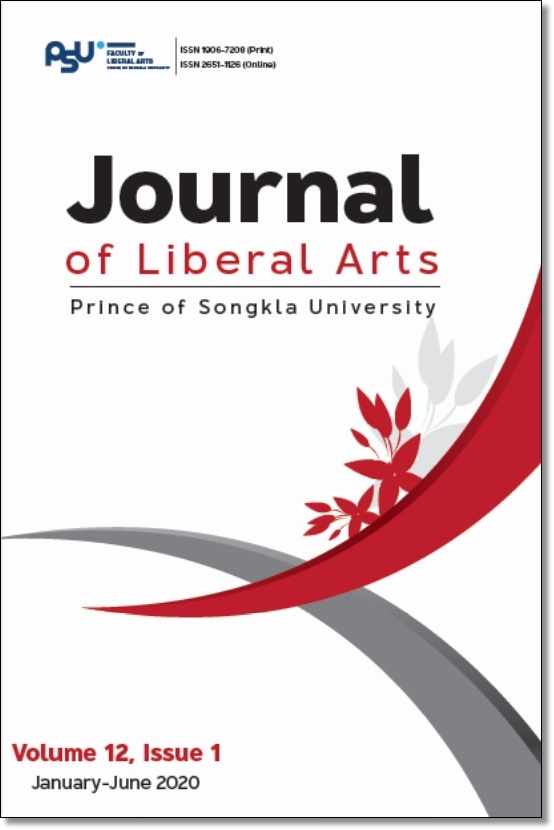Ecology Consciousness in “The Classical Legends of Mountains and Seas"
Keywords:
ecology consciousness, harmony, “The Classical Legends of Mountains and SeasAbstract
The Classical Legends of Mountains and Seas” recorded information of important mountains and rivers in China, a lot of mythological stories and tales about strange persons and animals. The first part of this book was probably written during the Qin Dynasty. The last two parts were compiled during the first half of the Han Dynasty. The scholars of the Han Dynasty have researched and concluded that the content in the “The Classical Legends of Mountains and Seas” meets much of the reality, especially the locations of many mountains and rivers specified in the book are reliable. Later, the scholars in the Ming Dynasty to the Qing Dynasty gave the opinion that “The Classical Legends of Mountains and Seas” is a novel. There is no truth. When the Chinese academic circle was influenced by the theories of western humanities and social sciences, this makes the interpretations of this literary works more various.
This article aimed to study the relationship between man and his physical environment reflected in “The Classical Legends of Mountains and Seas" by using the ecocriticism and Chinese philosophy approach. This is obviously an interdisciplinary study, using a combination of natural science and humanistic disciplines to explain and interpret the literary texts. It was found that the harmony between man and nature concept was reflected in “The Classical Legends of Mountains and Seas". This harmony concept has profound influences on Chinese culture and Chinese philosophy in later periods.
References
Branch, M. P. (2018, September 20). Defining ecocritical theory and practise. http://www.asle.ort/wp-content/uploads/ASLE_Primer DefiningEcocrit.pdf
Cokinos, C. (2018, September 27). What is ecocritism. http://www.asle.org/wp-content/uploads/ASLE_Primer_ DefiningEcocrit.pdf
Fan, Y. L. (2015). The image and cultural implication of human bird God in the The Classic of the Great Wilderness. Lantai Shijie, 2015(3), 45-46. [in Chinese]
Fan, Y. Y. (2017). The images of gods and beats in “The Classic of Mountains and Seas”. Journal of Changchun Education Institute, 33(9), 12-17. [in Chinese]
Jia, L. X. (2018). Mythological factors in Tang Chuanqi: From The Classic of the Great Wilderness to Tang Chuanqi. Literature Study, 2018(6), 20-24. [in Chinese]
Jing, W. X. (2011). The Classic of Great Wildness and the primitive religious beliefs [Unpublishes Master’s Thesis]. Sichuan Normal University. [in Chinese]
Liu, Q. H. (2012). Ecological literature. The University of Renmin Press. [in Chinese]
Meng, P. Y. (2004). Man and nature; The ecological view of Chinese philosophy. The University of Renmin Press. [in Chinese]
Newman, L. (2018, September 29). Marxism and ecocriticism. https://www.academia.edu/4234056/Marxism_and_ecocritism
Sangkapanthanonth, T. (2013). Ecocritism in Thai literature. Nakhon Press. [in Thai]
Wang, B,.& Du, Y. (2012). A preliminary study of the original religious belief of The Classic of the Shan Hai Jing. Journal of Dalian Marintime University, 11(4), 118-121. [in Chinese]
Wang, S. D. (2008). Ecological consciousness and contemporary Chinese literature. Chinese Academy of Social Sciences Press. [in Chinese]
Xu, J. L. (2014). The ecological criticism from the perspective of Shan Hai Jing Research [Unpublishes Master’s Thesis]. Chongqing University. [in Chinese]
Xu, K. (2013). Shan Hai Jing. Xi’an. Normal University Press. [in Chinese]
Downloads
Published
How to Cite
Issue
Section
License
The authors retain the copyright to their article but the Journal of Liberal Arts, Prince of Songkla University reserves the exclusive rights to first publication.






